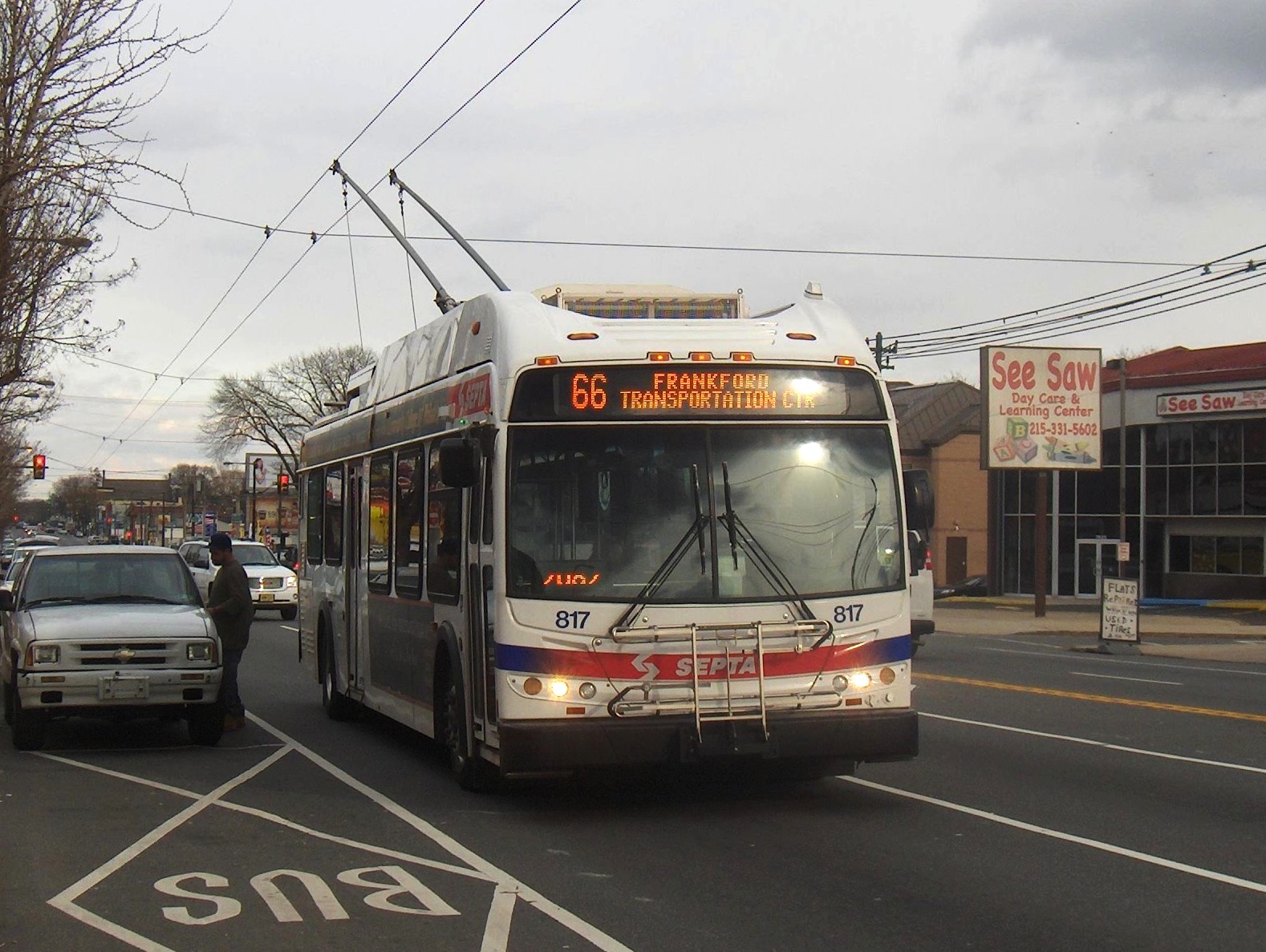WhoCaresAnymore
Posts: 908 +1,459
Scav,Ok Cap no more. So here is my take. It's not being built to be cost-effective. It's not expected to make sense, and it's not expected to save the world.
It's one freaking mile long! It's a project to test out the tech currently available.
They will learn from this and the aim is to perfect it. Early humans left the trees to explore a few million years ago and have been moving forward ever since.
Playing it safe is for wusses.
This is a clear aim at spending a LOT of money to line someone's pocket. This makes absolutely no sense to even consider this in a country the size of the USA. On projects like this that serve no useful purpose, just follow the money trail to see who is benefiting.
Makes more sense to work on fuel economy of fossil fuel burning engines and keep vehicles affordable. I cannot afford a hybrid or electric vehicle. I do not feel like having a second house payment. Add the increase in costs of electricity due to the increasing demand on the grid to charge these things, and with the technology we have to work with, PASS.
I don't even like Cap's idea because it's catering to the less than 1% who even own electric vehicles. (I'm probably pretty close). The most I've paid for a car in the past 10 years is 19k. I don't buy new and always go 4 years old. Let the original owner eat the depreciation.







